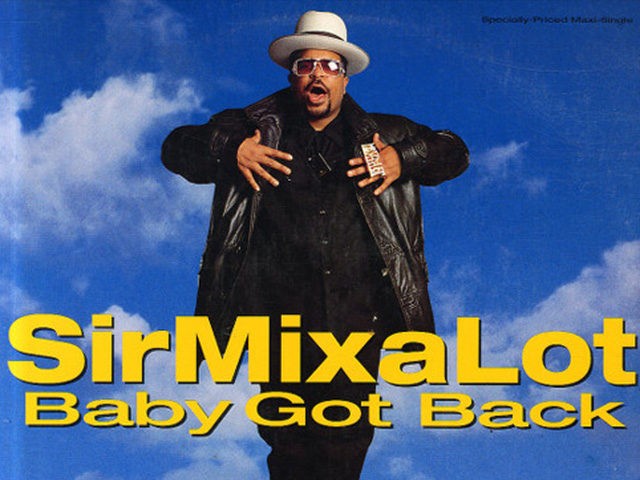Actress Blake Lively created a social media firestorm Wednesday after she posted a picture to Instagram showing her backside during a red carpet event at the Cannes Film Festival. The controversy stemmed from Lively’s decision to caption the photo: “L.A. face with an Oakland booty,” lyrics from Sir Mix-A-Lot’s Grammy Award-winning anthem “Baby Got Back.”
In a short essay for the Hollywood Reporter published late Thursday, Sir Mix-a-Lot — real name Anthony Ray — said he was “shocked” that so many people were offended by her post.
“Dude, I know Katy Perry did this, one of the Kardashians did this, but I don’t understand, what did this girl do to make everybody pissed off?” the 52-year-old Seattle-based rapper wrote.
Indeed, singer Katy Perry captioned a Twitter picture with the lyrics “L.A. face with an Oakland booty” in 2012 as did Khloe Kardashian, on Instagram, in 2015 — with next to no consequence or accusations of racism.
“For her to look at her butt and that little waist and to say, ‘L.A. face with an Oakland booty,’ doesn’t mean that the norm has changed, that the beautiful people have accepted our idea of beautiful? That’s the way I took it,” Mix-a-Lot continued.
Although some cultural commentators and social media users have called Lively’s post racist, Sir Mix-A-Lot thinks the actress is actually acknowledging a curvy physique as an example of black women’s beauty.
“I think she’s saying, ‘I’’ve got that Oakland booty,’ or ‘I’m trying to get it.’ I think we have to be careful what we wish for as African-Americans, because if you say she doesn’t have the right to say that, then how do you expect her at the same time to embrace your beauty? I mean, I don’t get it,” the rapper wrote. “I think it’s almost a nod of approval, and that was what I wanted. I wanted our idea of beautiful to be accepted.”
“That’s my thing. I’m not telling people what they can like and not like. That song was written with African-American women in mind, but trust me when I tell you that there are women out there with those curves everywhere, and they were once considered fat. And that’s what the song was about. It wasn’t about some race battle,” he concluded.
Read Sir Mix-a-Lot’s full statement in the Hollywood Reporter here.
Follow Jerome Hudson on Twitter: @jeromeehudson

COMMENTS
Please let us know if you're having issues with commenting.